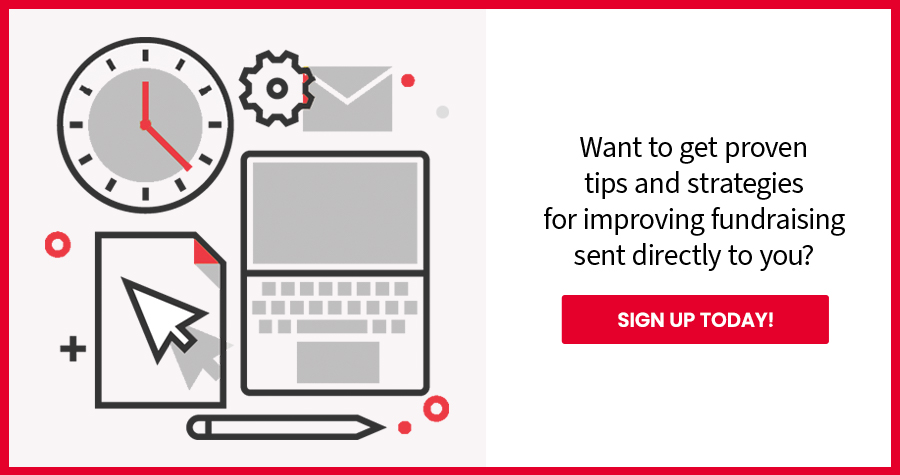Recently, I was contacted by a guy who runs a fundraising company that raises money through sweepstakes. He was looking to run sweepstakes for the nonprofits we serve. His model is simple: They offer terrific prizes—luxury goods and exclusive trips that the average consumer can’t buy for themselves. Their ads invite people to enter for a chance to win, along with opportunities for payment to boost their entry. From the paid entries, he subtracts overhead costs and gives a small percentage of the rest to a charitable organization.
Since our conversation, I watched to see the winner announcement for a recent prize valued at $120,000. They announced the lucky guy and named a charity that would receive a portion of the proceeds. Strangely, however, nothing was said about the work of the nonprofit, the recipients they helped, the communities they served, or what the money would accomplish. A week later, I couldn’t even remember the name of the charity.
In fundraising, there are transactions that exchange money for tickets or candy bars to provide revenue to a specified nonprofit.
There are also relationships that tap into a donor’s core values to provide revenue born out of the synergy of mutual commitment to the program recipients.
Both fundraising paths start out as the pursuit of organizational revenue, but they end up in very different destinations. If both options raise funds, why does it matter?
Because building donor relationships based on shared values (not just prizes) leads to donors giving year over year. And what’s best for the donor is also best for the nonprofit—and that, in turn, is best for the recipient of the nonprofit’s services.
Starbucks has calculated that its customers will average $14,000 of purchases in their lifetime. Because they know this, they prioritize customer retention activities and allocate budget to acquire new customers.
In donor development, we look at long-term donor value (LTDV) or donor lifetime value (LTV). The most valuable segment of donors is the multi-year, 3+ year donors. They demonstrate trust and confidence in the nonprofit’s work through repeated giving and upgrading to higher levels. Stewarding these donors well pays dividends.
Understanding the relational value of multi-year donors sharpens our focus on several things.
Donor Experience:
-
- Staff training in excellent donor services is non-negotiable
- Smooth donor processes are essential
- Fixing mistakes quickly and humbly is paramount
Development Strategy:
-
- Investment in new donor acquisition pays off in long-term donor value
- New donor acquisition equipped with intentional cultivation efforts like a “welcome series” and impact reports
- Reactivation messaging that aligns with what donors responded to previously
In contrast to these relational activities, my acquaintance who runs the serial sweepstakes has no multi-year supporters and no core donor base to fund nonprofit programs long term. Every cycle of sweepstakes starts over at zero in finding people to pay for entries.
Charitable organizations that have weathered the ups and downs of economic volatility have concentrated on building relationships with multi-year donors over the long haul. They engage people who care about the community and steward them as giving partners who want to make the world a better place.
The return on investment in building relationships with donors far exceeds the ROI than when using prizes as incentives to give.


